Feature Image Credit: @breakfastwrachel
Around the holidays, we often find ourselves missing loved ones, whether they live far away or are no longer with us. And that isn’t just for people—it’s for all loved ones, pets included. So when New York Times and #1 internationally best-selling author Jenna Blum (also one of Oprah.com’s Top 30 Women Writers) lost her beloved black lab, Woodrow, she decided to depart from her usual renowned fiction and try her hand at a memoir. Woodrow on the Bench is a unique take on a “girl and her dog” tale, cataloging the six months prior to Woodrow’s death and how he taught Jenna to really, truly live. I mean, come on: when Jodi Picoult said that she was “now sobbing, eating all the chocolate, in the best way possible” after reading a book, you know it’s a good one.
Blum adopted Woodrow fifteen years earlier and became inseparable. Known to many as “the George Clooney of dogs” for his good looks and charm, Woodrow and his “Mommoo” are fixtures in their Boston neighborhood. But as Woodrow ages, he teaches Jenna—a divorcée who has experienced her share of sadness and loss—what it means to truly be in the moment and be open-hearted, no matter what. They embrace Woodrow’s last days together amongst friends with lots of laughs and grace in a way that will make your heart soar—and drop—as you read.
We talked with Jenna in an exclusive interview about the challenges of fiction vs memoir, her advice to grieving pet parents, and what she’s working on next.
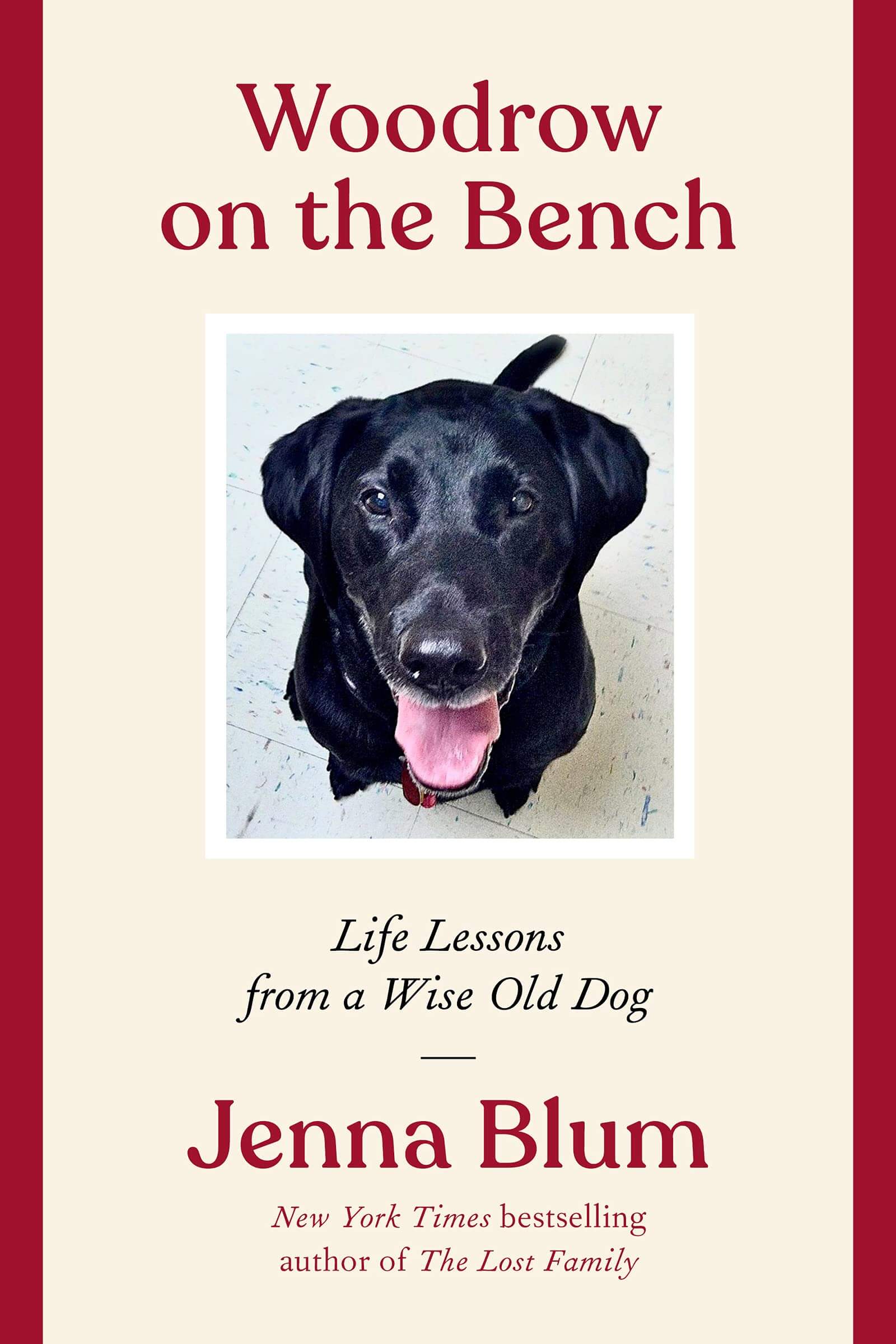
What was your biggest challenge of departing from fiction to this debut memoir?
Revealing emotional vulnerability. In fiction, though you may write from intensely emotional personal experience (I always do!), your job is to hide your writer-self in fictional characters and situations. In memoir, the way you connect with your readers is by revealing the truths about yourself, as candidly as possible. I call it showing my underpants. As in, “Hey, reader, look, my underpants! And not my date-night lacy boy shorts, either; my saggy bikinis with the shot elastic, Yep, I wear them too. Don’t we all feel better?” Memoir is about helping the reader feel less alone, and the way to do that is to be honest.
What are the three most important lessons you felt you learned with Woodrow?
To be present. Sitting with Woodrow on the bench across the street from our apartment—that was as far as he could go—instead of moving around all the time taught me to appreciate the clockwork of my neighborhood, the light at different times, the people and scents and sounds and sights in the tapestry. Dogs live in the present. They have much to teach us.
To ask for help: when Woodrow was in his last months, he wasn’t very mobile, and at 85 pounds, he was a big dog to schlep up and down the 16 steps to my apartment. I had to ask friends for help with him and to come keep us company so we wouldn’t get isolated…and that was hard for me, as it is for many people. Asking for help is a durable lesson I use to this day.
To accept help. Equally hard. How often do people offer to help us and we say, “Oh, no, I’m fine”? Accepting help is not a sign of weakness. It’s strength.
What advice would you give to those mourning the loss of a beloved pet, who weren’t able to see it coming or say goodbye?
I can only imagine how incredibly hard that is—Woodrow had congestive heart failure, so I was able to pre-grieve and prepare. I’m so, so sorry if you’ve lost a pet suddenly! This happened to my friend Sharon, whose beloved dog Oscar died out of the blue. That is shock upon shock—so I would suggest being very gentle with yourself in the grieving process and accepting that compounded grief absolutely IS a thing. Find a support group—ask your vet; look online. And Sharon went to a psychic to talk to Oscar and it helped her feel better!
How has your experience with Woodrow influenced your perspective on raising Henry Higgins?
I got my new black Lab, Henry Higgins, six months after Woodrow died. I was afraid this was too soon, but my friend Jacqulene, who got a new Lab a month after her previous dog passed, gave me the courage to get a puppy. She said, “It’s a totally individual decision; I don’t do well without a dog, and the timing is up to you. But! Let me warn you: you will think your new dog is weird.”
She was totally right. Even prepared for this weirdness, I thought Henry was weird. Woodrow trained in a day; Henry trained in six months. Henry eats shoes—Woodrow never ate shoes! Henry is obsessed with the rubber doorstoppers in our building—Woodrow never noticed them. Woodrow loved carrots, like a horse; Henry spits them out. Woodrow was a gentleman in a dog suit; Henry is a dog in a dog suit.
The point being, every dog is himself—and there is always room in our lives for new laughter and love.
Are you currently working on anything new, and if so: fiction or nonfiction?
Right now I’m working on promoting Woodrow and running A Mighty Blaze—the pandemic company that connects writers & readers on social media! I have some ideas in the pipeline, and although for a while I dearly wanted to write a follow up memoir about Henry called Pandy Puppy, I’ll likely be returning to historical fiction. I do love writing nonfiction, though!
What are you currently reading?
Actually, I’m reading Chloe Shaw’s WHAT IS A DOG…! Which will make me sound completely dog-obsessed. (Which to be fair I probably am.) It’s a terrific memoir that starts with the passing of her beloved dog Booker and takes her back through the dogs she’s known in her life—and what they all mean to her, during different chapters. I’m also reading Jane Green’s upcoming SISTER STARDUST (SUCH great historical fiction—glamour!) and teeing up Jennifer Haigh’s MERCY STREET.
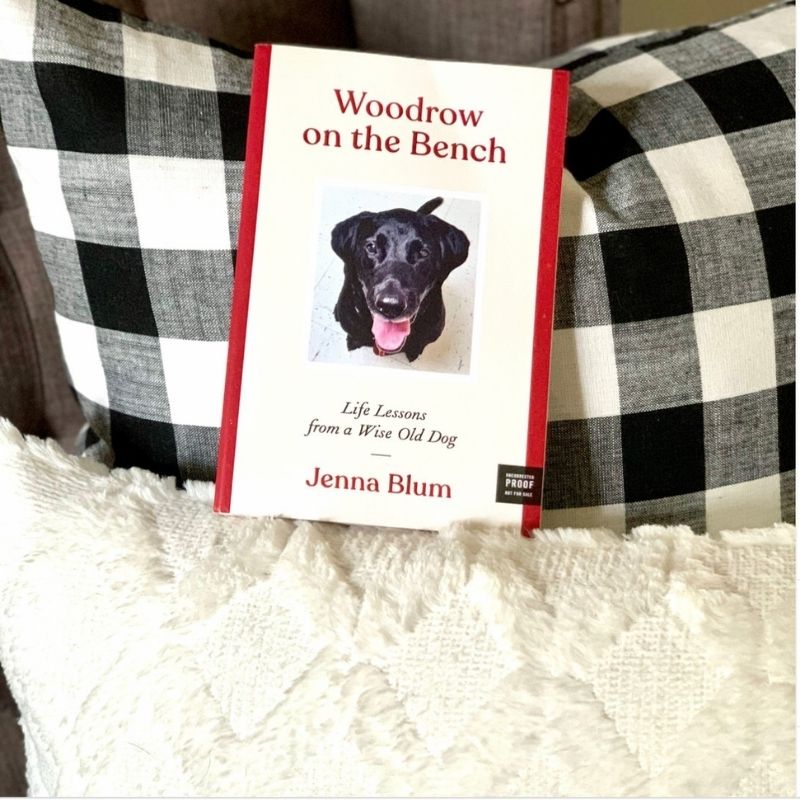
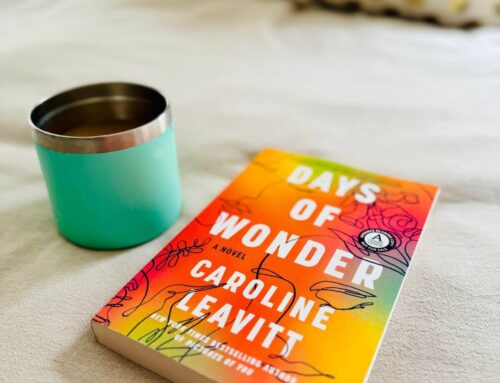

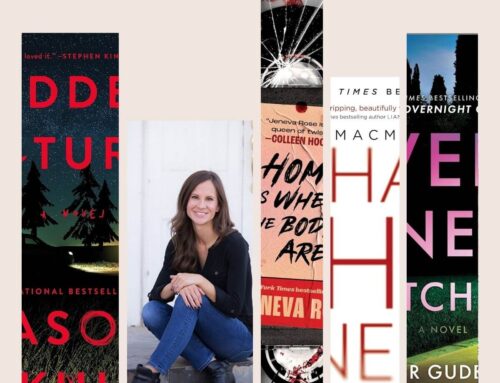
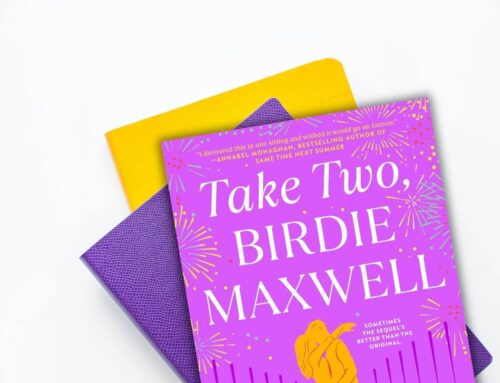

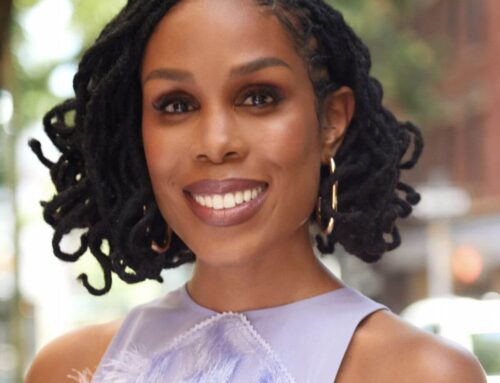
Leave A Comment